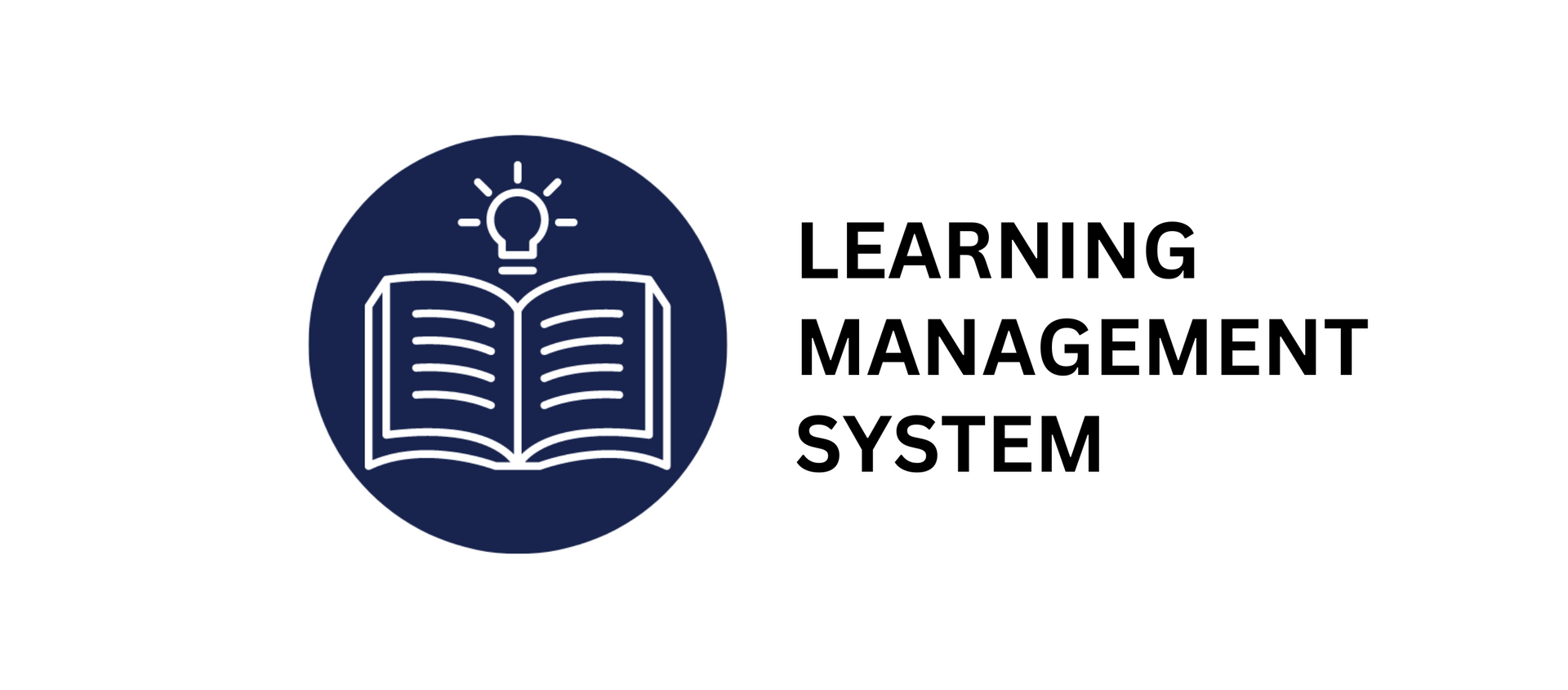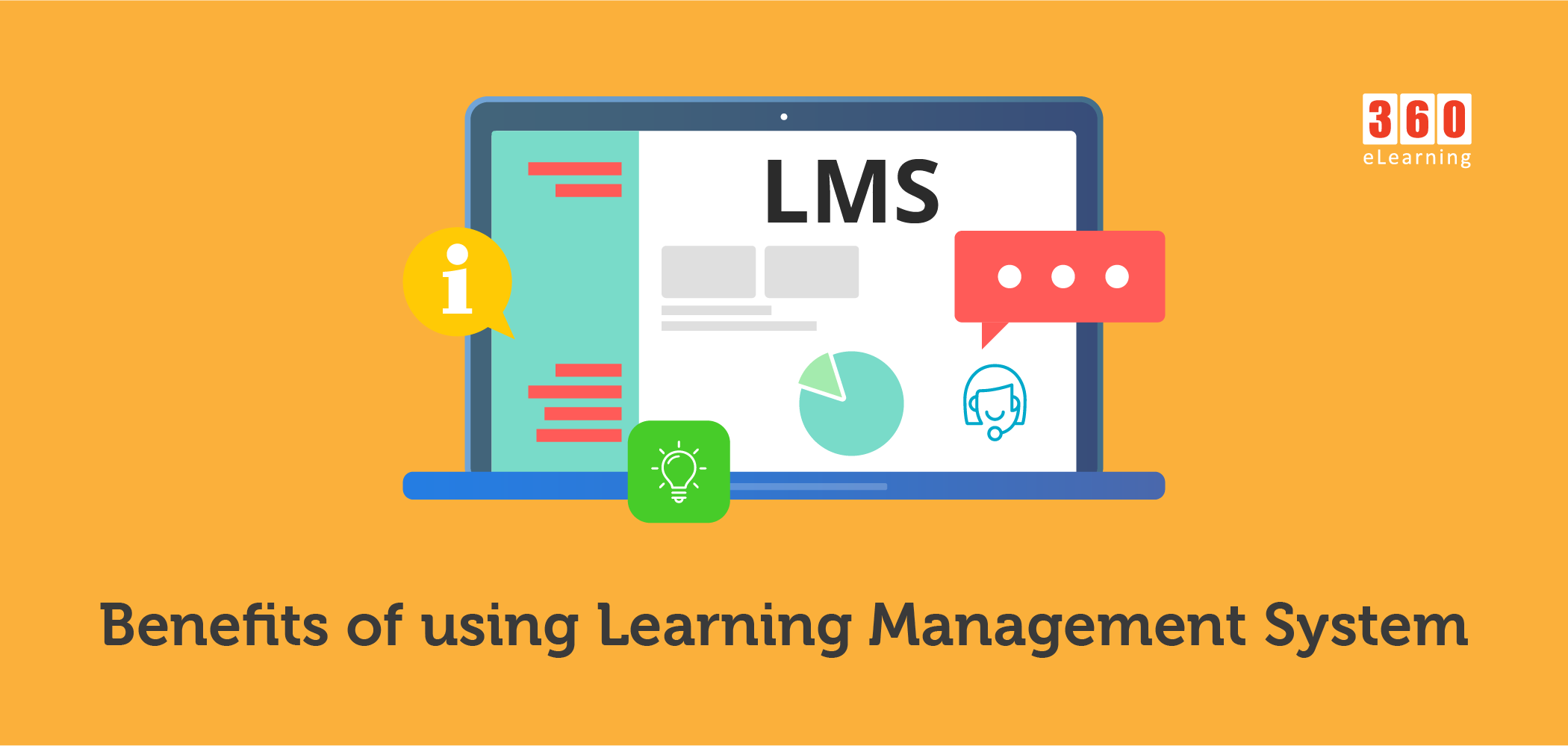Every Little Thing You Required to Learn About Choosing a Learning Management System
Choosing a proper Knowing Management System (LMS) is a critical decision that can significantly affect the effectiveness of your training programs. It includes an extensive understanding of both your business demands and the vital features readily available in various LMS options.
Recognizing Learning Monitoring Equipment
A considerable variety of organizations today are acknowledging the value of Knowing Monitoring Systems (LMS) as important tools for effective training and education and learning. An LMS is a software program application developed to assist in the administration, documentation, tracking, reporting, and shipment of academic programs or training programs. By settling training initiatives right into a centralized platform, organizations can simplify procedures and boost finding out experiences.
LMS platforms support different learning techniques, consisting of e-learning, blended understanding, and instructor-led training. Their versatility makes them suitable for varied sectors, from business training to academic establishments. With using LMS, organizations can supply regular web content, guaranteeing that students and workers have access to the needed sources no matter of area.
Furthermore, LMS options commonly incorporate attributes that make it possible for analytics and coverage, permitting organizations to analyze the efficiency of their training programs. This data-driven technique empowers organizations to make informed choices regarding curriculum adjustments and resource allowance - LMS Singapore. Eventually, the fostering of an LMS can cause enhanced learner involvement, enhanced retention prices, and enhanced general performance, declaring its status as an essential component of modern academic approaches
Trick Functions to Take Into Consideration
When choosing an Understanding Administration System, companies should focus on particular attributes that align with their training goals and user needs. User-friendliness is essential; a system with an user-friendly user interface can enhance student engagement and lower the time needed for training managers.
One more crucial function is durable coverage and analytics abilities, allowing companies to track student development, conclusion rates, and analysis results. This data is very useful for refining training programs and demonstrating ROI.
In addition, mobile compatibility is increasingly vital as learners choose accessing web content on different tools. A responsive LMS makes sure that training is available anytime, anywhere, therefore boosting flexibility.
Content monitoring capability is likewise crucial; the LMS ought to sustain numerous material kinds, consisting of video clips, tests, and interactive modules, to accommodate different learning styles.

Assessing Your Company's Needs
Identifying a company's distinct training demands is critical for picking the ideal Learning Monitoring System (LMS) To start this evaluation, organizations should perform a complete analysis of their present training landscape, consisting of existing programs, participant demographics, and details finding out goals. This procedure helps highlight staminas and gaps in existing offerings, guiding the selection of an LMS that lines up with organizational goals.
In enhancement, take into consideration the sorts of web content to be provided, such as e-learning components, conformity training, or mixed understanding experiences. Recognizing the preferred distribution methods and finding out designs of workers is necessary for efficient training engagement. Furthermore, organizations need to assess their technical facilities, making certain compatibility with the prospective LMS.
Furthermore, develop clear metrics for success, such as student fulfillment and knowledge retention, to aid measure the efficiency of the picked LMS. By diligently examining these variables, organizations can make educated choices, ensuring their chosen LMS properly meets their training requirements and improves total performance.
Comparing Different LMS Options
Countless Discovering Administration System (LMS) choices are offered in the market, each offering unique features and functionalities that deal with varied organizational demands. When comparing LMS options, organizations need to consider numerous vital variables. The individual interface and experience are paramount; an instinctive design can dramatically influence user engagement and adoption rates.
2nd, assess the scalability of the LMS. As your organization grows, the system needs to suit an enhancing number of users and material without jeopardizing Singapore LMS performance. Third, assimilation abilities are necessary; the LMS should perfectly get in touch with existing devices, such as HR systems, CRM systems, and content libraries, to enhance performance.
Moreover, take into consideration the customization alternatives available. An LMS that permits customized branding, course creation, and reporting can better align with particular organizational goals. Furthermore, prices versions vary widely, so it is vital to analyze the total cost of possession, consisting of licensing charges, upkeep, and support.

Implementation and Support Strategies
Successfully carrying out a Knowing Administration System (LMS) needs a strategic technique that includes extensive preparation and recurring assistance. Begin by developing clear purposes that align with your organization's academic goals. Engage crucial stakeholders and form a committed implementation group to assist in interaction and cooperation throughout the procedure.
Following, choose a phased rollout technique to decrease interruption. Beginning with a pilot program entailing a smaller sized user team, enabling real-time comments and changes. Give detailed training to make sure users are comfy with the LMS capabilities and features. LMS Singapore. This action is important for cultivating individual fostering and complete satisfaction.
Post-implementation assistance is equally vital. Create a robust support group that consists of helpdesk resources, user manuals, and training sessions. Consistently collect feedback from individuals to determine locations for renovation. In addition, think about producing an area discussion forum for users to share options and experiences.
Verdict
In conclusion, choosing a proper Knowing Monitoring System necessitates an extensive examination of readily available alternatives and business demands. By carefully considering these factors, companies can guarantee effective training shipment and ultimately attain their academic purposes via the chosen LMS.
A substantial number of organizations today are recognizing the worth of Knowing Management Equipment (LMS) as crucial tools for efficient training and education.Furthermore, LMS services typically incorporate attributes that enable analytics and coverage, enabling companies to evaluate the performance of their training programs.Identifying an organization's unique training requirements is crucial for choosing the ideal Knowing Administration System (LMS) By carefully examining these elements, companies can make enlightened choices, ensuring their picked LMS effectively satisfies their training needs and boosts general efficiency.
By meticulously taking into consideration these elements, companies can ensure reliable training shipment and ultimately accomplish their educational purposes with the picked LMS.